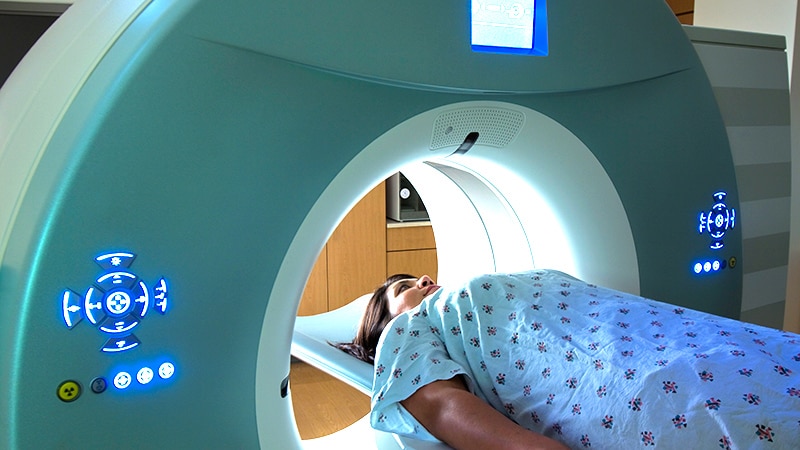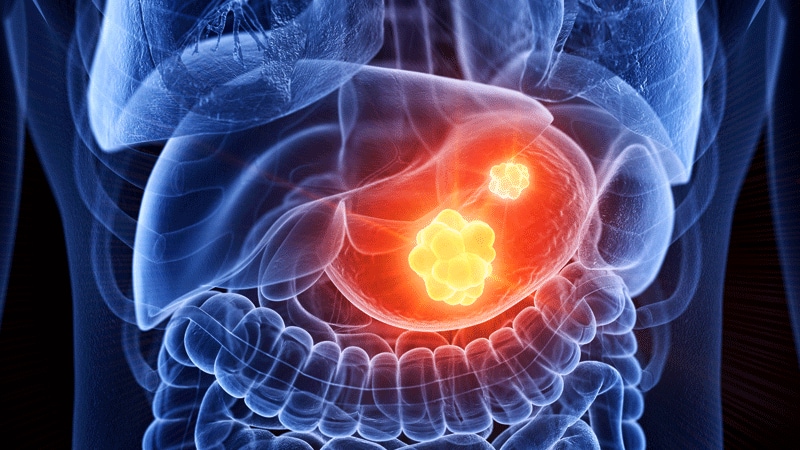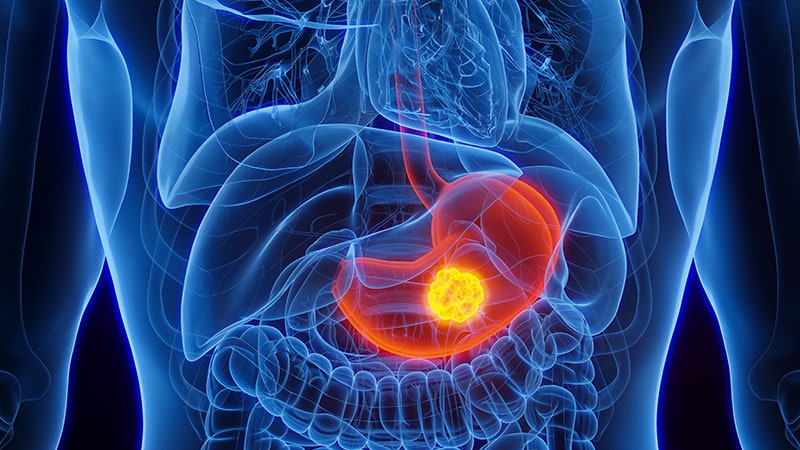Statins could hold value for the chemoprevention of biliary tract cancers (BTC), according to new research published in Gut.
The nested case-control study used the UK Clinical Practice Research Datalink to identify cases of incident primary BTCs, including cancers of the gall bladder, bile duct (intrahepatic and extrahepatic cholangiocarcinoma), ampulla of Vater and mixed type, diagnosed between 1990 and 2017 (n=3118). For each case, 5 control participants who did not develop BTCs at the time of case diagnosis were matched by sex, year of birth, calendar time, and years of enrolment in the general practice (n=15,519). Exposures were defined as 2 or more prescription records of statins 1 year prior to BTC diagnosis.
Data analysis found that current statin use was associated with a reduced risk for all BTCs combined compared to no statin use (adjusted OR, 0.88; 95% CI, 0.79-0.98). The reduced risks were most pronounced with increasing numbers of prescriptions (Ptrend=.016) and cumulative dose of statins (Ptrend=.008).
The reduced risk for BTCs associated with current statin use was more pronounced among persons with diabetes (aOR 0.72; 95% CI, 0.57-0.91) compared to nondiabetics (aOR 0.91; 95% CI, 0.81-1.03; Pheterogeneity=.007).
No association was found between BTC and former statin use.
The study authors say, if these findings are replicated, it could pave the way for evaluating the value of statins for BTC chemoprevention.



